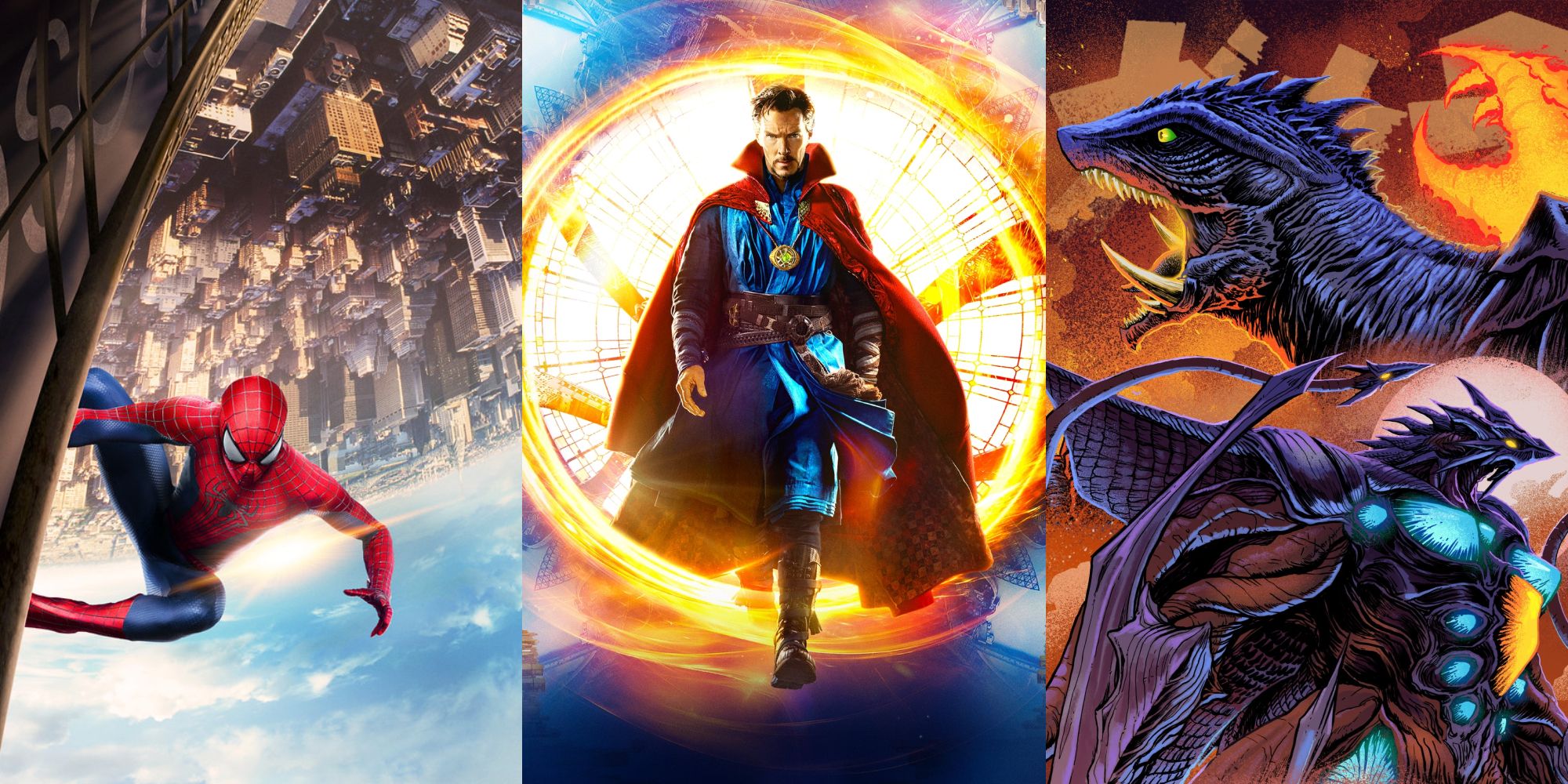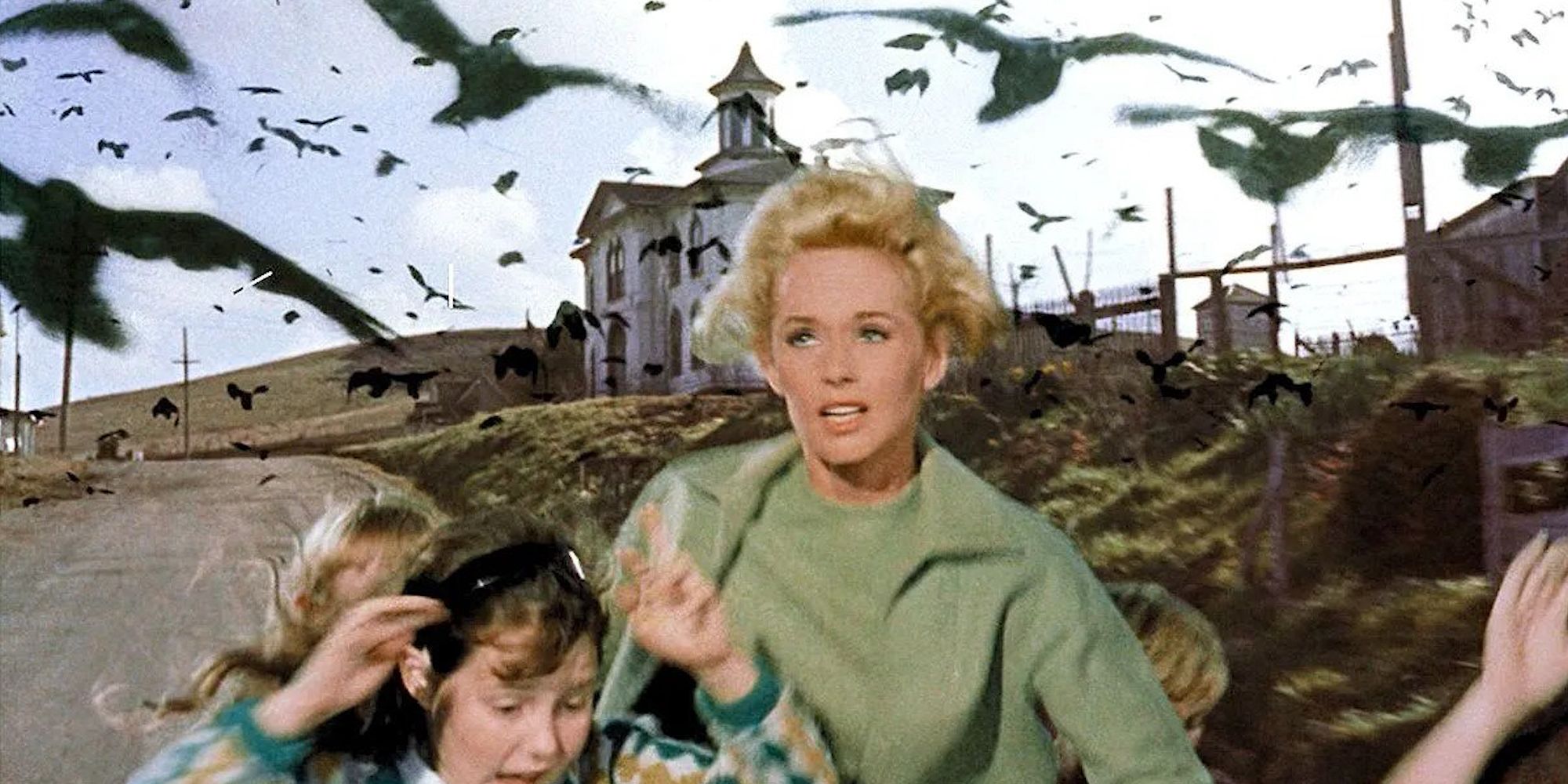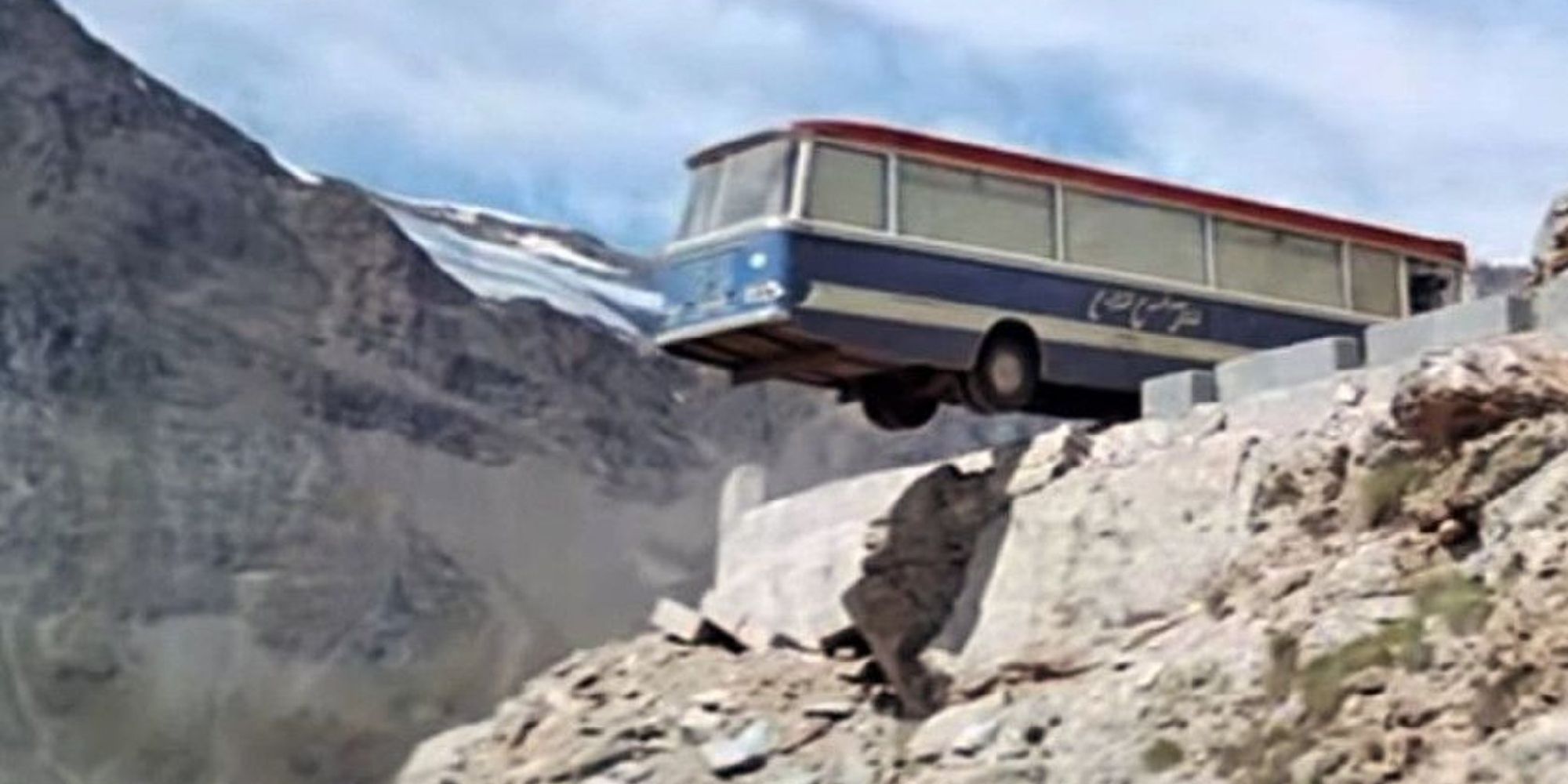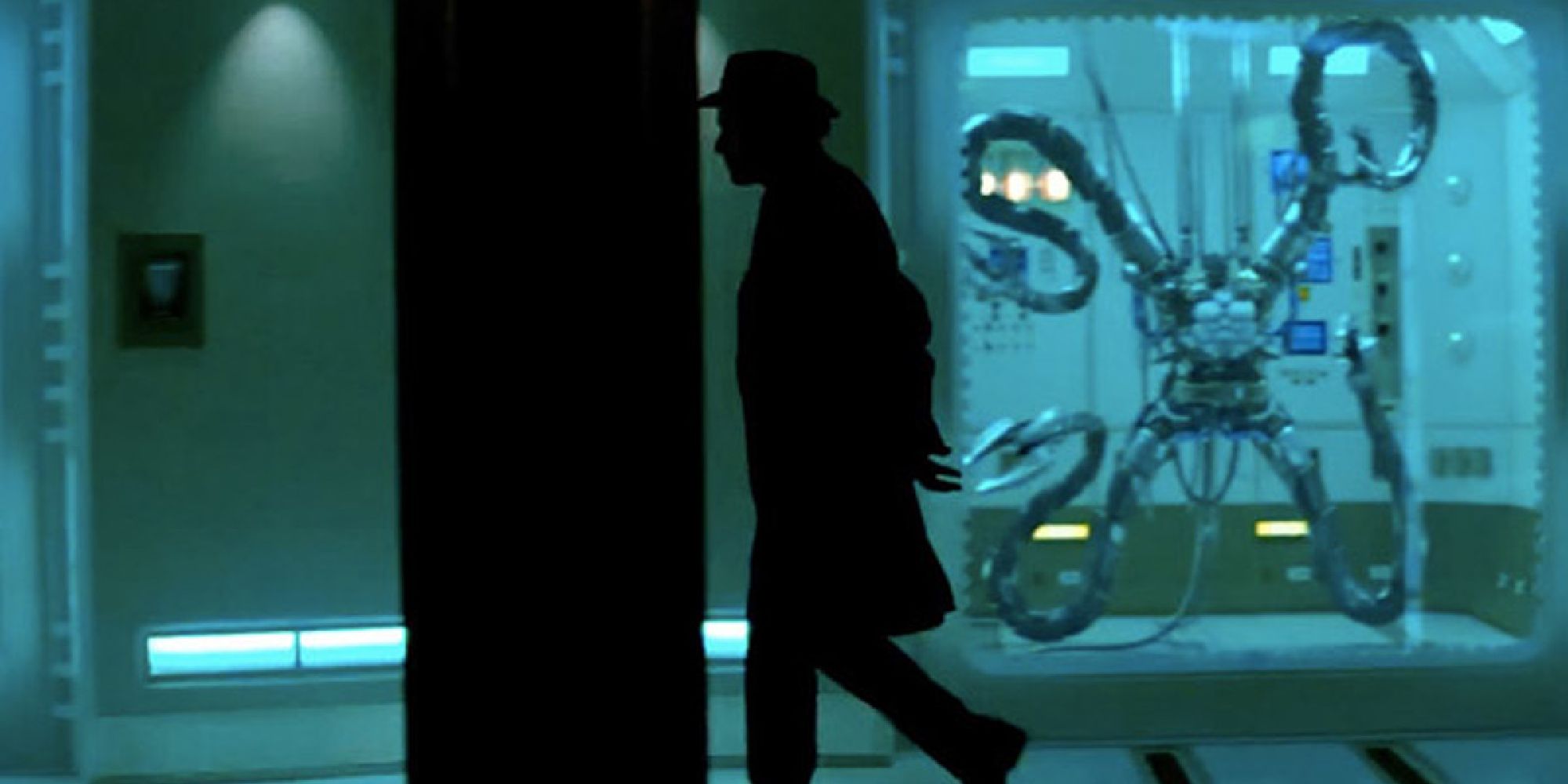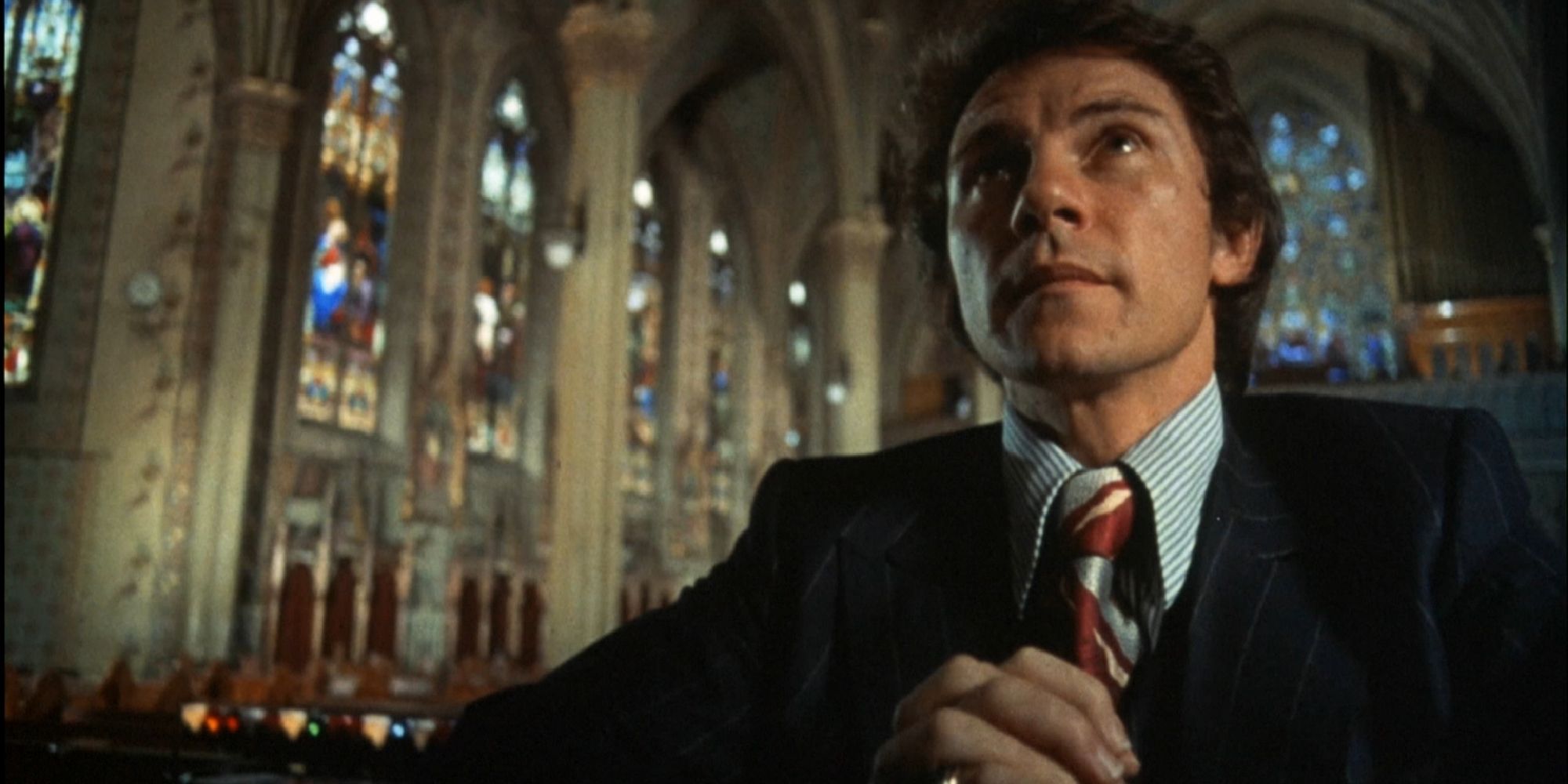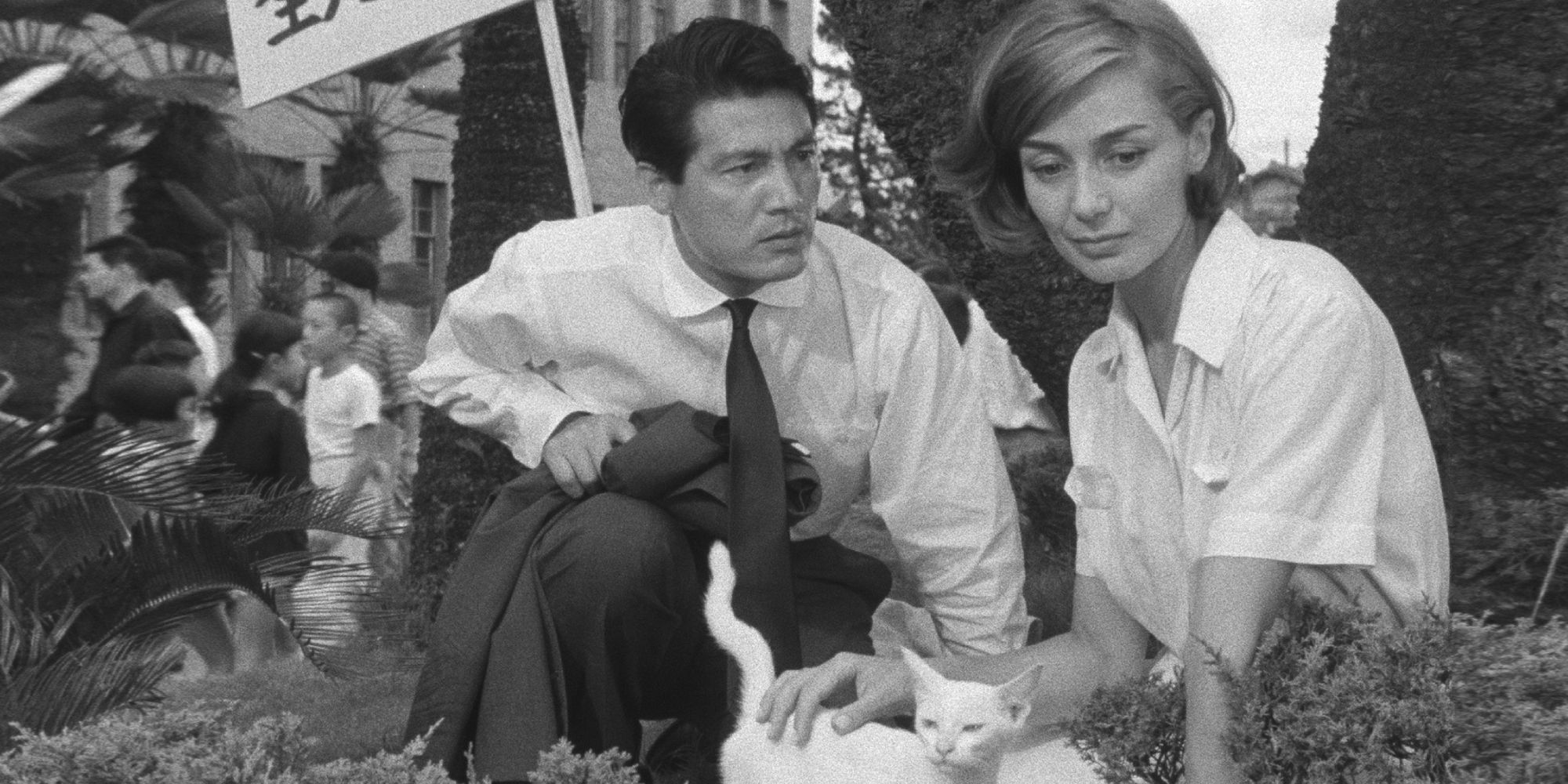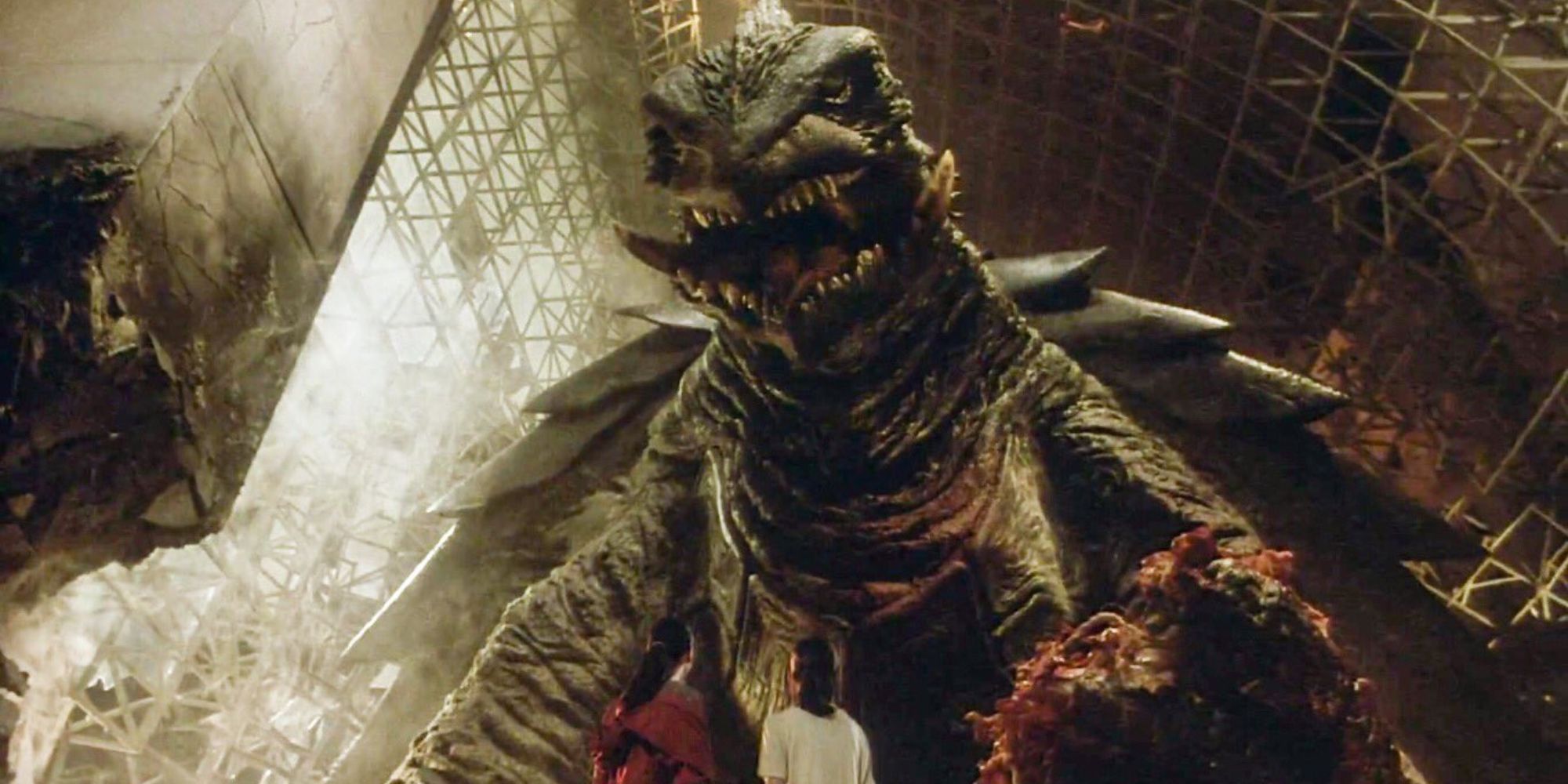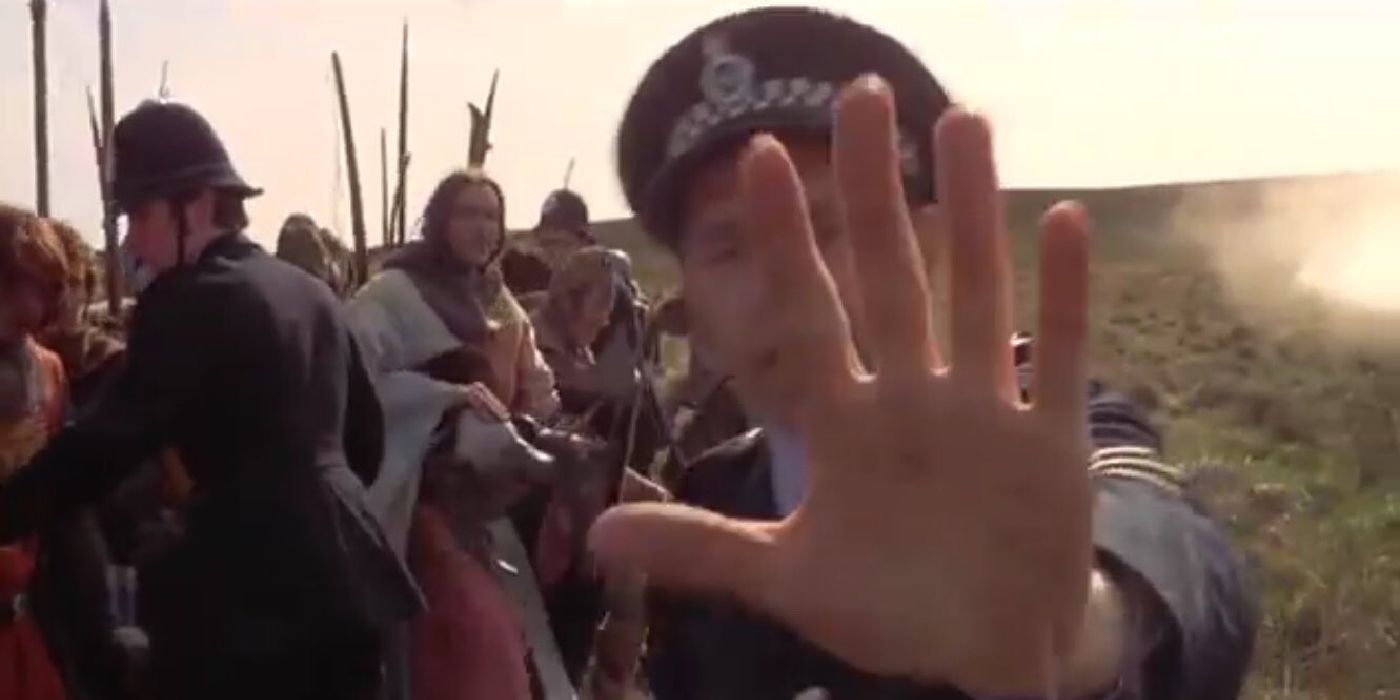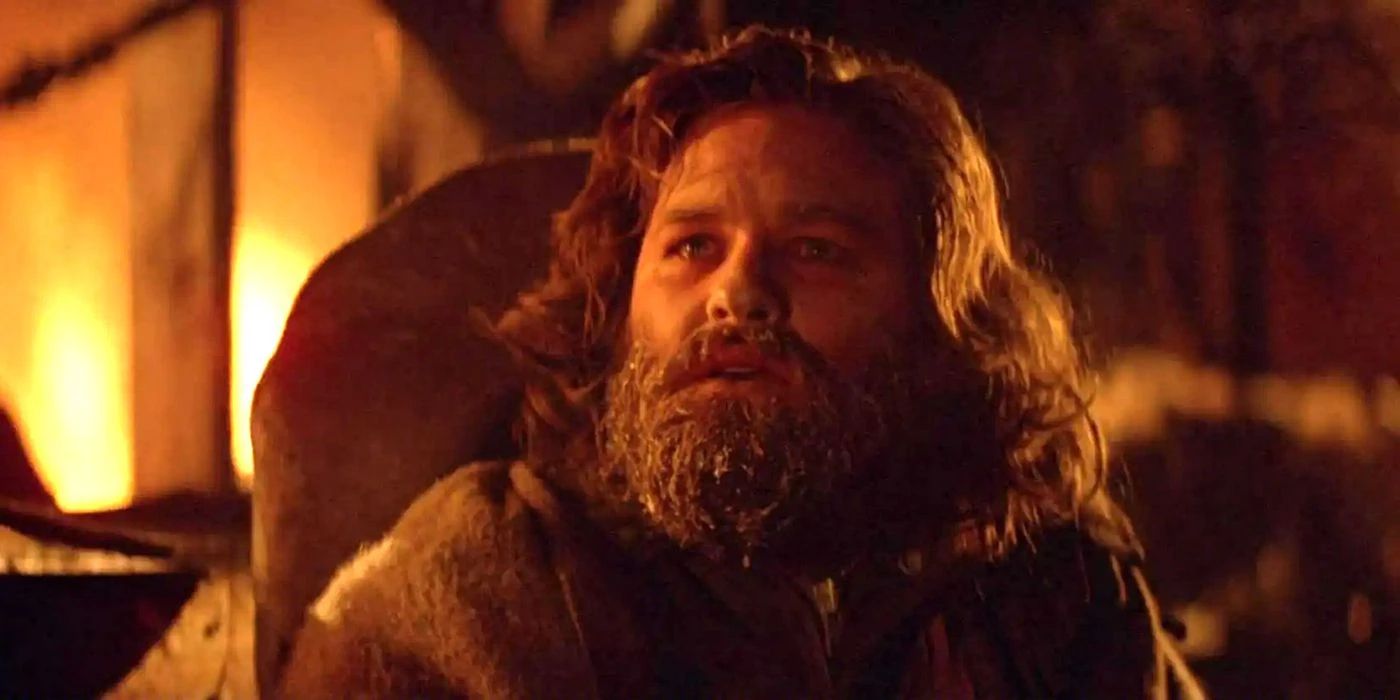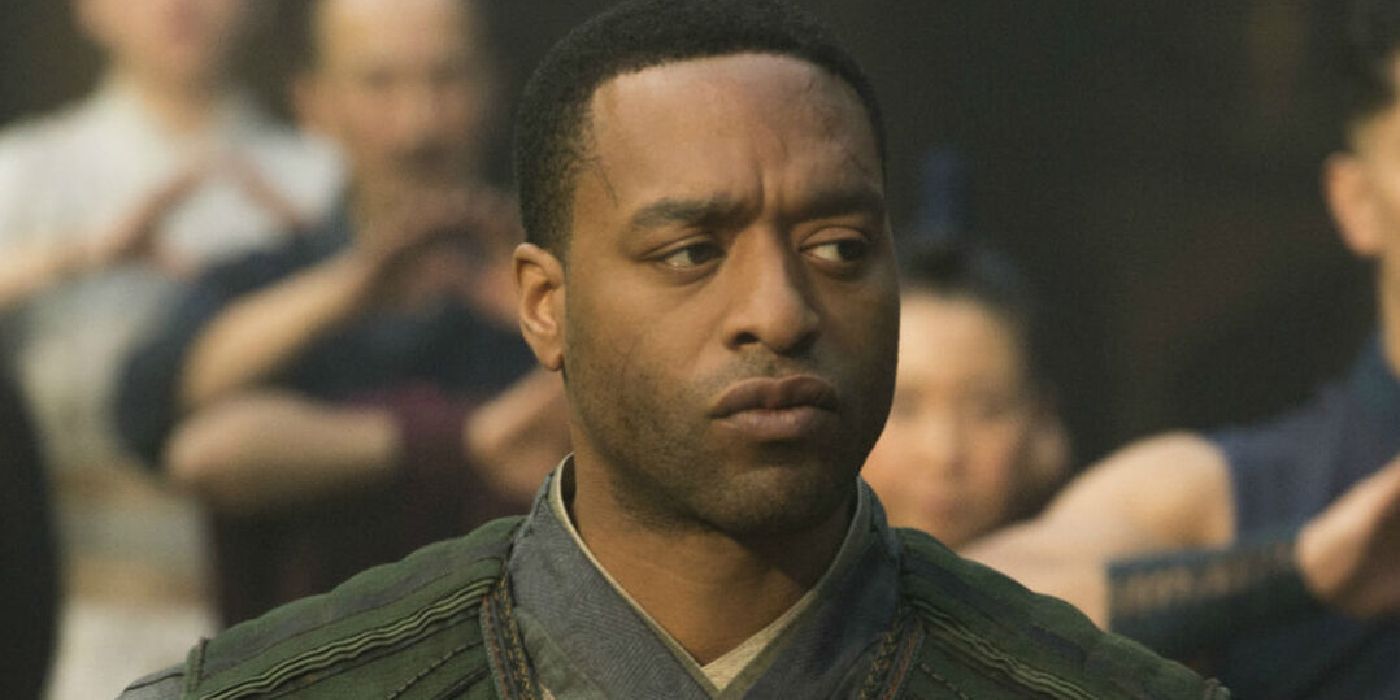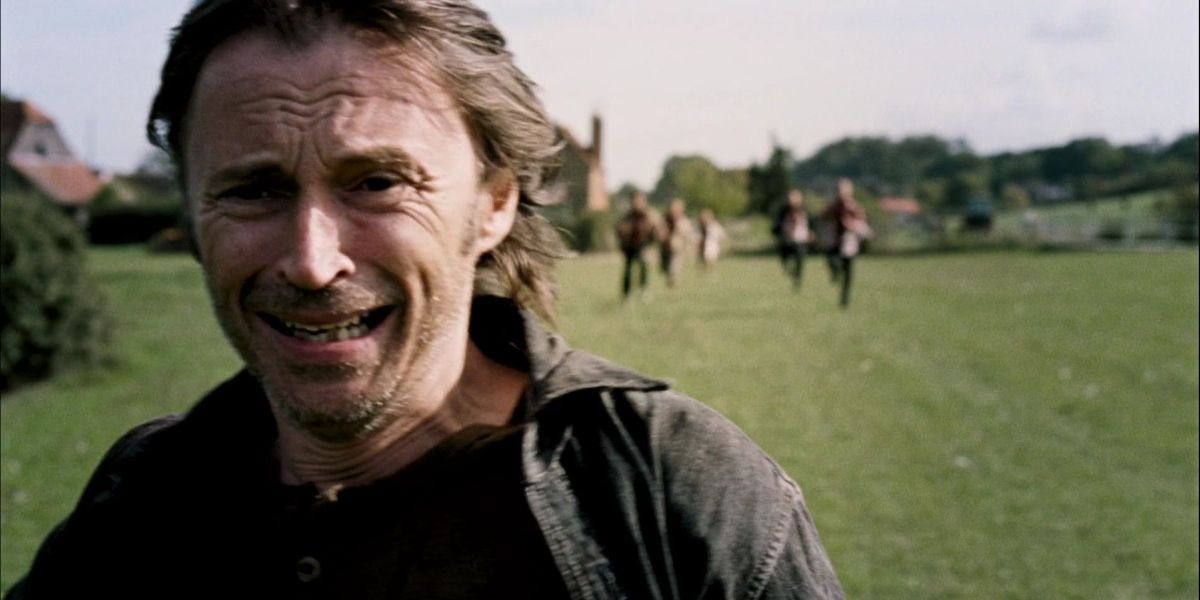Read update
- As long as movies are being made, there will always be cliffhangers. This is especially true considering the "verse" trend of turning successful blockbusters into never-ending franchises. When these films underperform or have potential sequels that never come to fruition, audiences are left with unresolved burning questions following dramatic cliffhangers that will probably remain as mysteries for years to come.
A cliffhanger can be loosely defined as an unresolved ending, found more often in TV shows but still present in movies. If you've ever felt like a movie ended with more story to tell - or without a sense of true finality - you may have just been on the receiving end of a cliffhanger.
With TV, cliffhangers are often resolved because they're done at the end of a season when the writers know they'll have the space to conclude the story. In movies, however, sequels aren't always set in stone, so unresolved endings or cliffhangers can be left flapping in the breeze. Sure, some may have never been intended to have sequels, but some did. Some may potentially still get resolved, given they belong to franchises that are still ongoing... though it's unlikely.
Updated on November 30th, 2022, by Hannah Saab:
As long as movies are being made, there will always be cliffhangers. This is especially true considering the "verse" trend of turning successful blockbusters into never-ending franchises. When these films underperform or have potential sequels that never come to fruition, audiences are left with unresolved burning questions following dramatic cliffhangers that will probably remain as mysteries for years to come.
'The Birds' (1963)
Available to rent on Apple TV.
Alfred Hitchcock wasn't one for making sequels, given how his films tend to stand alone (though Psycho did get sequels, not directed by Hitchcock, though). The Birds is one of the filmmaker's best-known films - and probably the gold standard for bird-themed horror movies - yet it's also one of his least conclusive.
It ends with an eerie quietness as the titular birds temporarily cease their attacks, allowing the main characters to escape from where they'd been holding up. It is never clear why or whether the escape was successful. It's successfully disquieting and tense but might disappoint those who want more finality. If any Hitchcock movie would've benefited from a sequel, there's an argument to be made that The Birds was most worthy, given these unanswered questions.
'The Italian Job' (1969)
Available to stream on Hoopla.
The Italian Job works best as a single film, but it's hard not to include it when talking about cliffhangers because of how it embraces the trope. While the main characters successfully pull off their gold heist, the last we see of them, they're in mortal danger: while trying to escape, the bus they're in ends up hanging over a cliff's edge, with no indication of if they escape, or how they'd do it.
The last line is bleakly hilarious, as a result, where Michael Caine's character says, "Hang on, lads. I've got a great idea." The audience never sees that idea, and the fact it just ends there is one of the most memorable parts of The Italian Job, and given it's been 50+ years, the ending will likely never be confirmed. Viewers who detest the characters' actions can imagine the plan failing, while viewers who find them endearing can imagine the "great idea" actually working. Everybody (on our side of the fourth wall) wins!
'The Amazing Spider-Man' (2012)
Available to rent on Apple TV.
The main plot of The Amazing Spider-Man is mostly resolved, but the same can't be said for its subplots. The most notable is an end credits scene that teases a possible movie based on The Sinister Six, which feels uncertain ever to happen (at least in the manner teased in The Amazing Spider-Man series).
Spider-Man: No Way Home saw a return of characters from that series, thanks to the whole multiverse plotline, but no mention of The Sinister Six. Given the complicated behind-the-scenes stuff between Sony and Disney and the fact that Tom Holland still seems to be the preferred Spider-Man going forward, if The Sinister Six ever does happen, it will probably be divorced from the teases in both The Amazing Spider-Man 1 and 2.
'Mean Streets' (1973)
Available to rent on Apple TV.
Mean Streets is considered one of the best films by Martin Scorsese, and notably, it was also his first proper crime movie. From its great opening scene to its mysterious ending, which sees a violent confrontation play out with little sense of conclusion or clarification, it's bold and distinctly Scorsese, feeling like his first film where he'd worked out his signature style.
Still, a huge amount is left in the air, giving the ending a feeling of being a cliffhanger of sorts. It's probably intended to show how violence is cyclical, and there can be no true resolution between groups of people who are willing to hurt or even kill each other, but that wouldn't necessarily prevent some viewers from wanting to know what happened next.
'Hiroshima Mon Amour' (1959)
Available to stream on The Criterion Channel.
An enigmatic romance film set in post-WW2 Japan with two unnamed main characters, Hiroshima Mon Amour unsurprisingly lacks a definitive conclusion. You never get the sense it's the kind of film to offer easy answers or definitive emotions, so it feels appropriate that it ends without the audience knowing whether their romance will continue.
A sequel would probably ruin the power of that ending, and while French New Wave films weren't automatically exempt from getting sequels (The 400 Blows, for example), it's never expected. With a mysterious and loose narrative that requires its viewers to dig deep and come to their own conclusions, it shouldn't come as a shock that's what Hiroshima Mon Amour's conclusion also asks of its audience.
'Gamera 3: Awakening of Irys' (1999)
Available to stream on Amazon Prime Video.
The third film in Gamera's Heisei Trilogy is one of the best Part 3's of all time. Each Gamera film made in the 1990s builds upon the last expertly. Gamera 3: Awakening of Irys is the most exciting result, as it raises the stakes and features the most ferocious foe everyone's favorite giant, radioactive, flying turtle had faced yet.
It culminates with a wounded Gamera about to face off against a huge number of monsters approaching Japan, and while it's not a given he'll lose, neither is it a given that he'll win. 2006 marked the last time we got a proper Gamera film, and it wasn't directly connected to 1999's Awakening of Irys, so what happened to this iteration of Gamera remains a mystery.
'Monty Python and the Holy Grail' (1975)
Available to stream on Netflix.
In one of the most amusing non-conclusive endings of all time, Monty Python and the Holy Grail sees the main characters - medieval knights - arrested by (then) contemporary law enforcement. Just before a battle commences, the police simultaneously interrupt and end the main characters' adventure and the film itself.
What happens to the characters? Do the people at the French castle get arrested, too? How did the police get to medieval times? Or did the seemingly medieval knights exist in the 1970s, when the film was made? All are mysteries created by this intentionally, amusingly abrupt ending, and all are unresolved.
'The Thing' (1982)
Available to rent on Apple TV.
This is another example of a cliffhanger that could technically be resolved with a sequel but shouldn't. The fact that The Thing's paranoia and tension are never resolved, right until the end, ensures its powerful and memorable beyond the actual end of the film.
This was even recognized when it came time to (otherwise cynically) reboot the series in 2011, as it chose to be a prequel rather than a remake or some kind of loose continuation of the 1982 film. It may be frustrating for some, but the fact we don't know the fate of the film's two main characters - nor whether either is infected - makes the film better, to the point where its powerful ending admittedly isn't a cliffhanger, in the traditional sense.
'Doctor Strange' (2016)
Available to stream on Disney+.
The end credits scene from Doctor Strange being unresolved feels extra frustrating after the release of its sequel, Doctor Strange in the Multiverse of Madness. Mordo was teased to start a crusade against the other sorcerers of the world, saying there were "too many," hinting at an interesting direction to take the character that the sequel didn't address.
Chiwetel Ejiofor even reprised the role in the sequel, but his role was reduced, and he ultimately only appeared as an alternate universe version of Mordo. There are now so many moving parts to the MCU (arguably too many) that the direction for the character set up in Doctor Strange may never come to fruition, or be further explored, which is a shame, as Ejiofor deserves better.
'Inception' (2010)
Available to stream on HBO Max.
Often cited alongside the best sci-fi movies ever made, director Christopher Nolan's Inception is a mind-bending masterpiece that follows Dom Cobb (Leonardo DiCaprio), a professional thief and "extractor" who goes into his victims' subconscious to steal information. When he's tasked with an unprecedented act of implanting an idea, he assembles a team and risks it all for the reward of being able to see his family again.
By the end, Cobb uses his late wife's totem – a spinning top – to determine if he's actually awake and about to see his kids in real life. The camera shows the top spinning on the table as Cobb leaves, but cuts to black just as the totem seems to wobble for a brief moment. It's a cliffhanger ending that's hotly debated, but is arguably an integral part of the story – at that point, it doesn't matter if Cobb is dreaming or not, as he has come to accept whichever reality he's in.
'28 Weeks Later' (2007)
Available to stream on Hulu.
28 Weeks Later is a post-apocalyptic horror film that serves as the sequel to the 2002 zombie classic, 28 Days Later. Directed by Juan Carlos Fresnadillo, the film is centered on the way NATO military forces try to create and protect a safe zone in the heart of London, which is complicated by survivors breaking protocol that soon leads to the Rage Virus re-entering the camp.
The final scene of the suspenseful movie has a clear shot of the Eiffel Tower, as well as a group of infected who burst through a tunnel and into the streets of France. This indicates that the Virus has spread throughout Europe, potentially setting up a 28 Months Later film, which, for a long time, seemed like it would never happen. There's still hope according to NME, as the sequel is already being considered a real possibility by the original's creator, Danny Boyle.

